Fri 6. 9. 10:00 – 13:30
Brucknerhaus
Following opening remarks by Ars Electronica artistic director Gerfried Stocker, the first session will begin with a look at and inside the site of human memory: our brain. Neuroscientist John Dylan Haynes will provide an introduction to the latest research on cognition and the brain. He’ll screen selected scenes from some classic science-fiction films—including “Total Recall,” of course—to portray the current state of research in neuroscience and future prospects in this field.
From Remembering to Forgetting
Mapping the network of nerves in the human brain will be the subject of a speech by neuroscientist Alfred Anwander of the Max Planck Institute for Human Cognitive and Brain Sciences. He’ll report on diffusion tensor imaging and connectome research, methods scientists are now using to better understand human memory.
In light of these insights into the latest research into the brain, the symposium will turn to the selective character of remembrance and the various forms of forgetting.
Aleida Assmann, a scholar in the fields of literary studies, will analyze the omnipresence of the past, which, thanks to new media and virtually unlimited data storage capabilities, can be accessed anytime, anywhere.
Arno Villringer, likewise a staff neuroscientist at the Max Planck Institute for Human Cognitive and Brain Sciences, will then discuss the loss of memory and go into dementia from neurological and clinical perspectives, and author/interpreter Helga Rohra, a woman suffering from Lewy Body Dementia, will give an account of daily life with this condition.
10:00 – 10:20 Intro GS
10:20 – 11:00 John-Dylan Haynes
11:00 – 11:30 Aleida Assmann
11:30 – 11:55 Alfred Anwander
11:55 – 12:25 Q+A und Pause
12:25 – 12:50 Arno Villringer
12:50 – 13:15 Helga Rohra
13:15 – 13:30 Q+A
Fri 6. 9. 10:00 – 13:30
Brucknerhaus
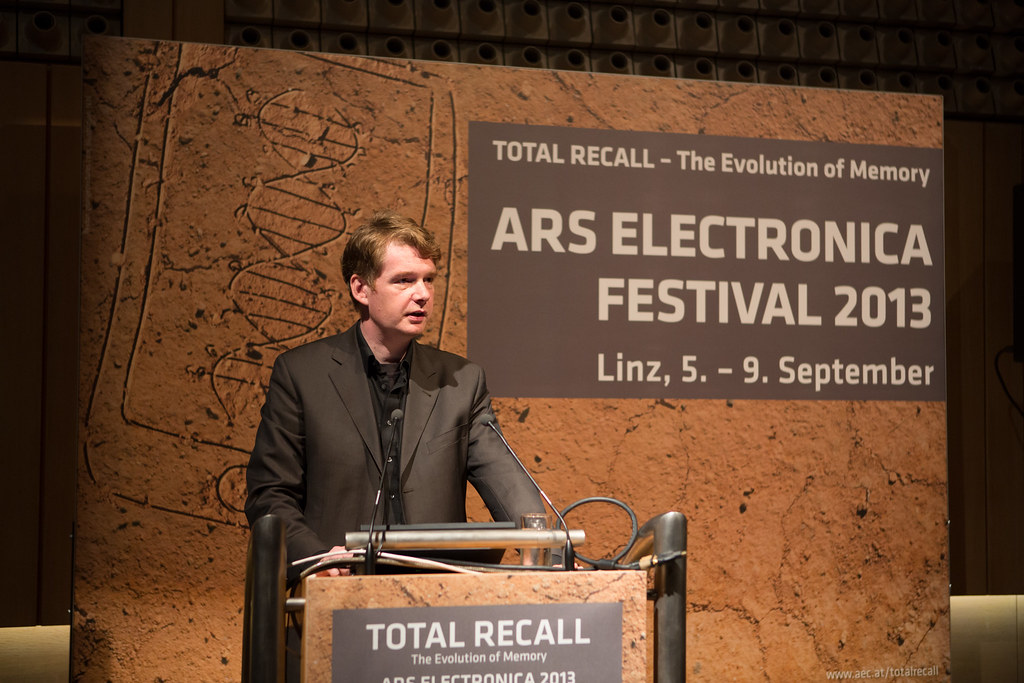
John-Dylan Haynes (UK/DE) is a psychologist, neuroscientist and Professor of Theory and Analysis of Large-Scale Brain Signals at the Bernstein Center of Charité Berlin. Haynes and his team conduct research on the neuronal basis of consciousness, volition, intentions and free will. They have used MRI technology to show that decision-making is initiated by subconscious brain processes.
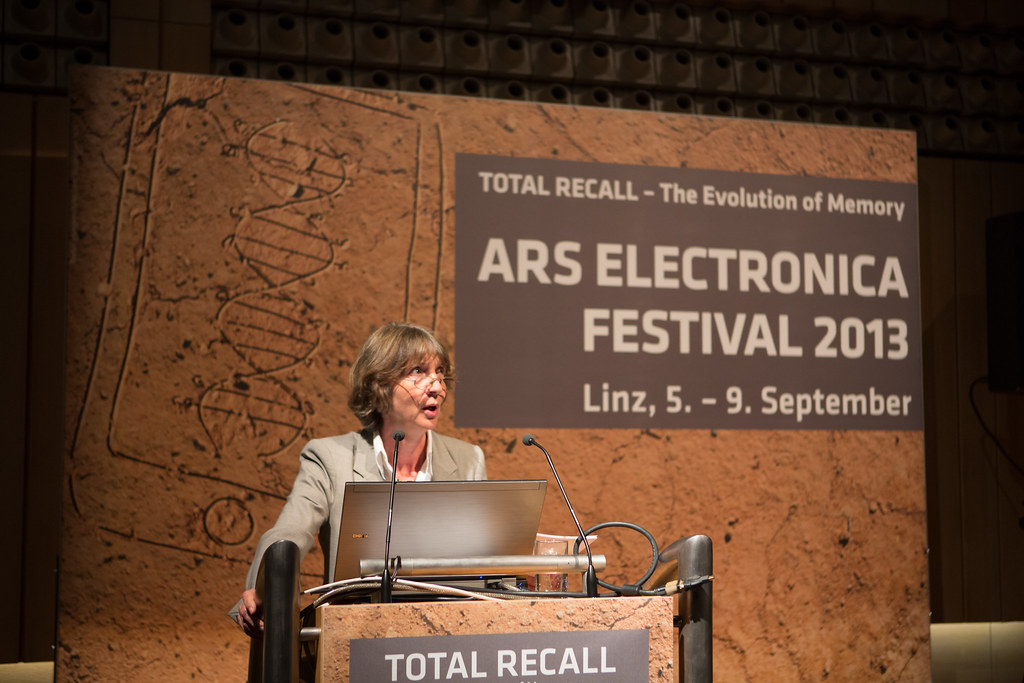
Aleida Assmann (DE) is a neuroscientist and connectome researcher at the Max Planck Institute for Human Cognitive and Brain Sciences in Leipzig who is making important contributions to research on anatomic linkages with an emphasis on language networks in the brain and learning to speak.
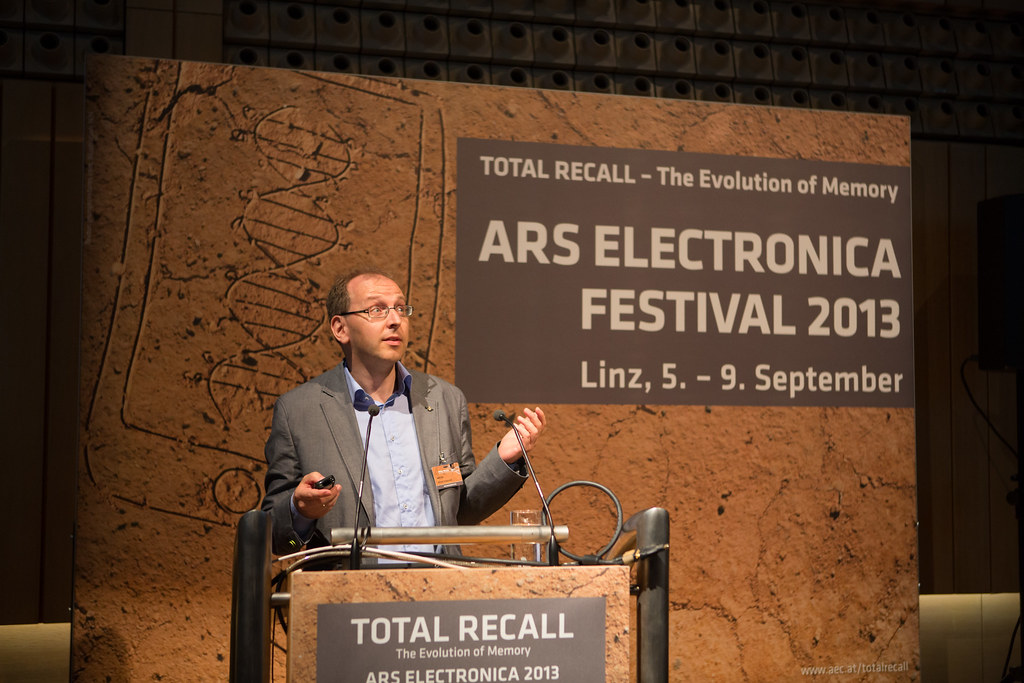
Alfred Anwander (DE) is a neuroscientist and connectome researcher at the Max Planck Institute for Human Cognitive and Brain Sciences in Leipzig who is making important contributions to research on anatomic linkages with an emphasis on language networks in the brain and learning to speak.
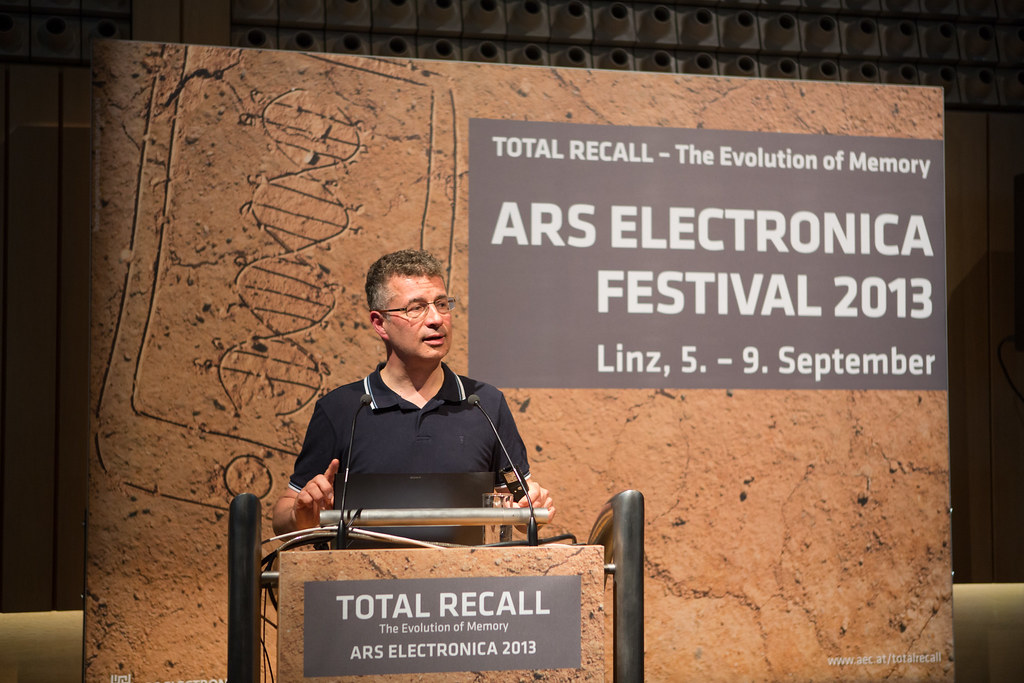
Arno Villringer (DE) is a neuroscientist at the Max Planck Institute for Human Cognitive and Brain Sciences in Leipzig. Among his fields of research are neurophysiological processes in the brain activity of human beings as well as regeneration processes in the brain—for example, after a stroke.
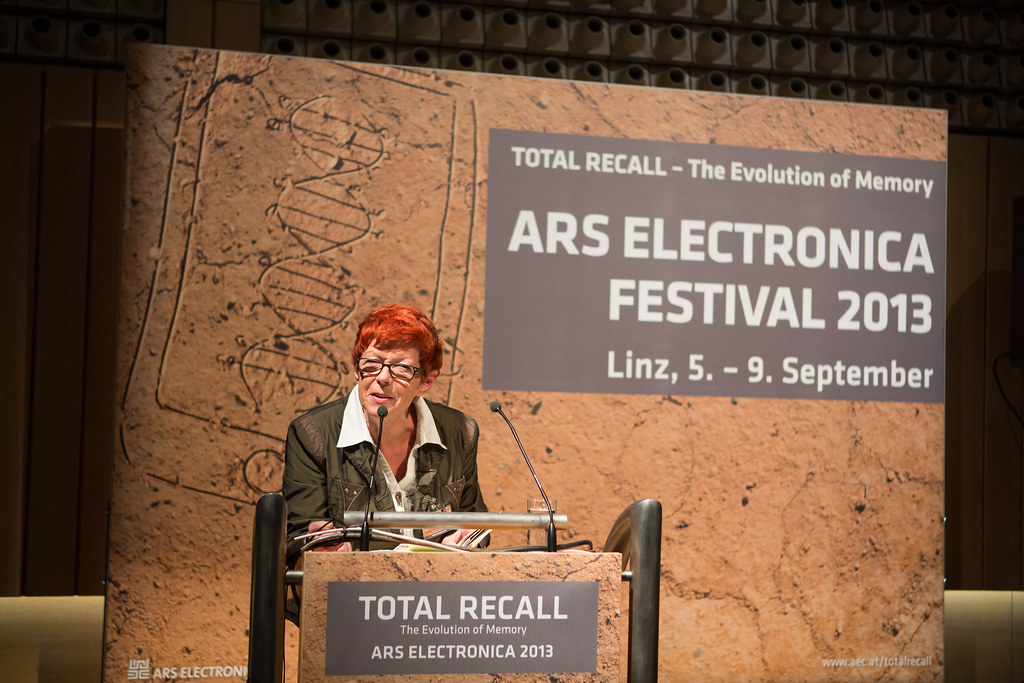
Helga Rohra (DE) is an interpreter and author. She has come out as someone suffering from dementia and is an activist on behalf of her fellow sufferers.

